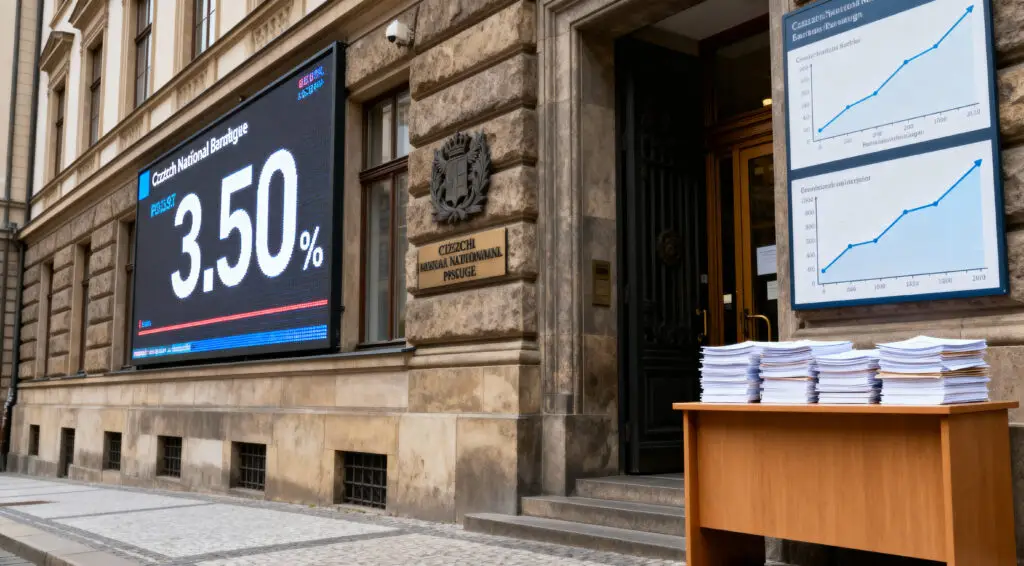Solana Enters Serious Competitive Conversation
Casual crypto observers usually frame all long horizon narratives around Bitcoin versus Ethereum. That binary framing is now weakening because Solana is no longer viewed solely as an experimental execution playground with flashy benchmark demos. Market data shows compounding traction.
Institutional desks and research firms increasingly label Solana as a credible settlement layer challenger. This shift matters because sentiment has transitioned from novelty debate into structural positioning analysis measured through real economic adoption rather than meme speculation.
Ethereum’s Position Still Appears Dominant
Ethereum has enjoyed a multi year advantage through network effects and developer mindshare. Network lock in and composable ecosystem stickiness created strong incentives for smart contract activity to remain concentrated rather than fragmented across chains.
However, dominance does not guarantee permanent distance. Every cycle has demonstrated that infrastructure moats weaken whenever execution efficiency becomes a major pricing variable and capital allocators seek throughput adjusted yield conditions.
Solana As High Speed Value Proposition
Solana’s pitch is simple — deliver execution speed consistent with modern financial rail expectations rather than experimental blockchain novelty. Frictionless throughput translates directly into user convenience because confirmation lag is a psychological tax on perceived UX quality.
When a chain feels instant and inexpensive, retail behaviour changes. That behavioural difference can then compound into developer preference because product teams design experiences around speed advantages not theoretical blockspace narratives.
Adoption Numbers Strengthen Credibility
Revenue figures published through independent analytics platforms show Solana producing numbers comparable to publicly listed technology firms. Whether one compares transaction carried revenue or user volume velocity, the scale is no longer theoretical modelling.
This reframing is critical because value investors no longer need hopium to justify comparisons. Solana is already visibly functioning as a digital economy rather than a speculative trial network waiting for permissioned legitimacy.
Recommended Article: Solana Gains Institutional Momentum as Ecosystem Activity Reaches Record Levels
Network Comparisons Change Portfolio Logic
Ethereum’s value proposition remains compelling because it represents the chassis of decentralized financial infrastructure. However Solana’s lower entry price relative to network scale allows value oriented portfolio construction scenarios that resemble early stage asymmetric technology curve trading.
Professional allocators love asymmetry because the upside convexity mathematically compensates for maturity lag. Solana therefore becomes a rational hedge rather than a risky fad because the growth delta remains steep while adoption momentum improves consistently.
Narrative Competition Will Intensify
Solana does not need to replace Ethereum entirely to win capital rotation. It simply needs to carve out enough territory that performance adjusted return math pushes funds toward blended allocation frameworks rather than single chain monopolistic conviction structures.
This competitive tension becomes healthy because innovation accelerates whenever incumbents sense credible challengers gaining economic share. Markets reward platforms that continue shipping throughput improvements while maintaining credible decentralization assurance.
Investors Should Treat This As Structural Shift
Crypto no longer behaves purely like abstract digital commodity speculation. It increasingly resembles a global infrastructure allocation contest. Solana’s trajectory demonstrates that high speed settlement networks can capture real revenue and legitimate user flow.
If this momentum continues without major outage reputational setbacks, the relative distance between Solana and Ethereum could compress. That does not imply a flippening, but it does imply that competitive dynamics will remain materially relevant across future cycle modelling.























